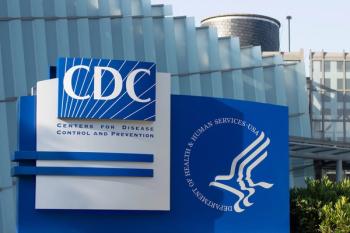
Cost Associated With Influenza
Jason Lee, M.S., Ph.D.(c), and John J. Russell, M.D., discuss the cost associated with influenza and how vaccination can provide cost savings.
Episodes in this series

Jason Lee, M.S., Ph.D.(c): Dr. Russell, influenza is associated with a lot of different health impacts, but there’s also quite a bit of cost associated with it. From your perspective, what are your thoughts on the impact of influenza on the health system each year and how influenza vaccinations could help that?
John J. Russell, M.D.: Certainly, we want to start with the impact on patients, but keeping costs down allows us to do other things as a society health care–wise. Interestingly enough, people who are 50 years old and older are costing the most dollars with regard to that. When you look at the indirect and direct costs, the direct cost is paying for anti-influenza medicines and doctor visits. The indirect costs are loss of productivity, absenteeism, and presenteeism, which is that you show up for work but you don’t do a good job.
There are so many things. If you own a company, having your employees vaccinated goes a long way to helping keep the company going. There are certainly economic benefits for employers to encourage their employees to get vaccinated. In health care, there are over 1,100 hospitals in the United States that require every employee in their health care system to get vaccinated to decrease spread to patients and to keep the engines running, to keep the hospitals running and have people there.
Jason Lee, M.S., Ph.D.(c): Certainly, we know that vaccines are one of the most cost-effective or cost-saving types of public health interventions. With the direct and indirect cost aspects, there’s a very strong argument for getting vaccinated against the flu each year.
Transcript Edited for Clarity
Newsletter
Stay informed and empowered with Medical Economics enewsletter, delivering expert insights, financial strategies, practice management tips and technology trends — tailored for today’s physicians.







